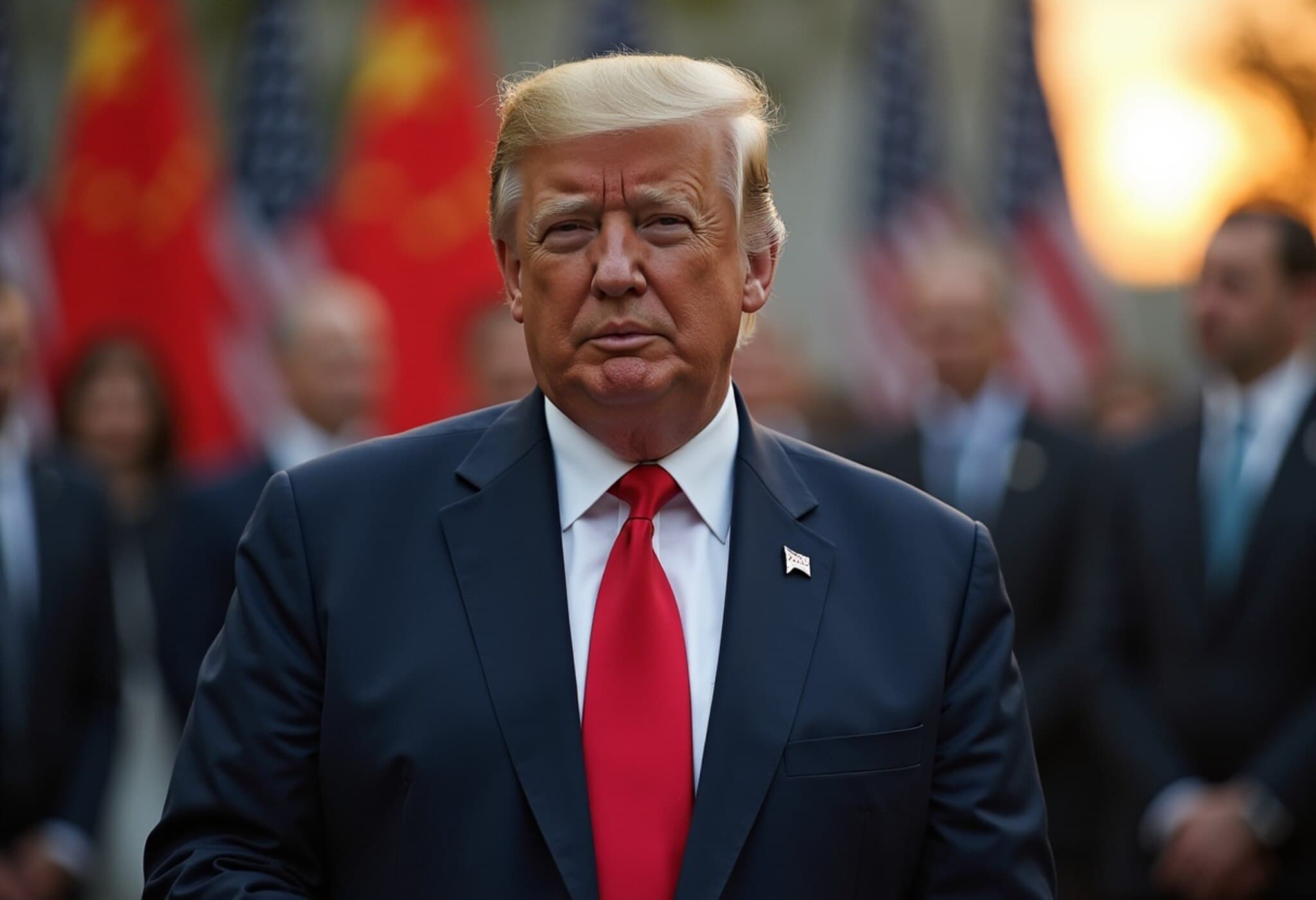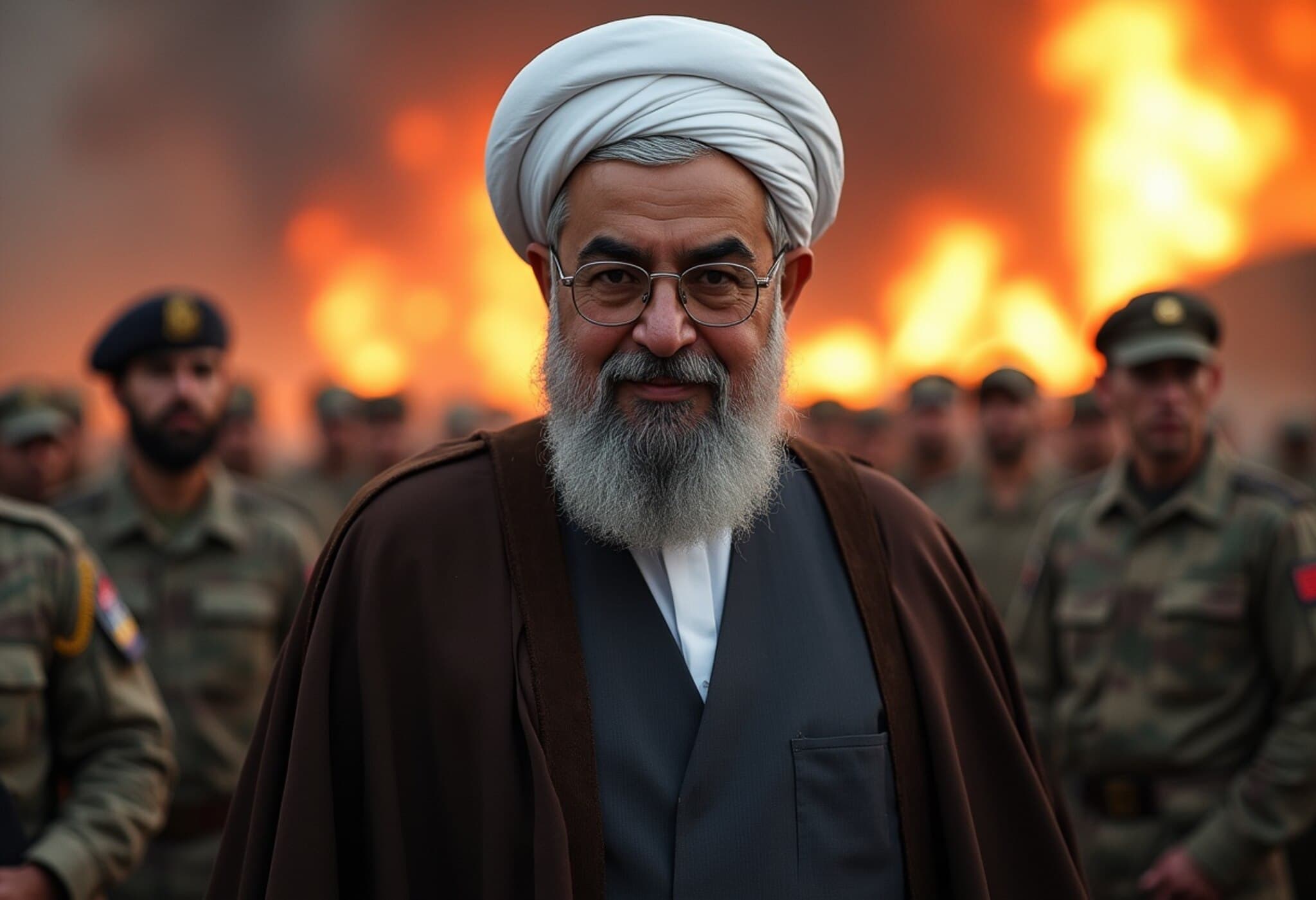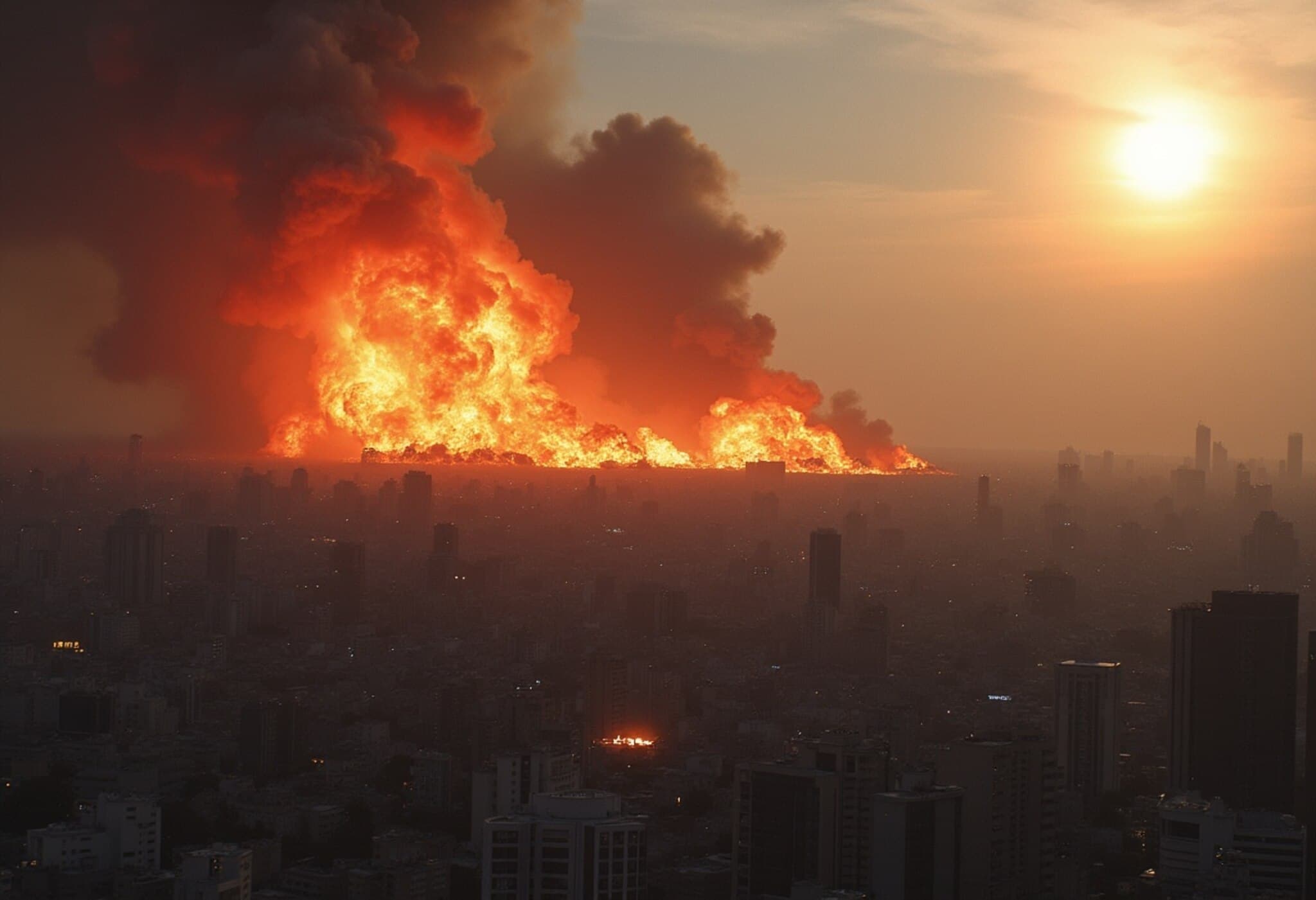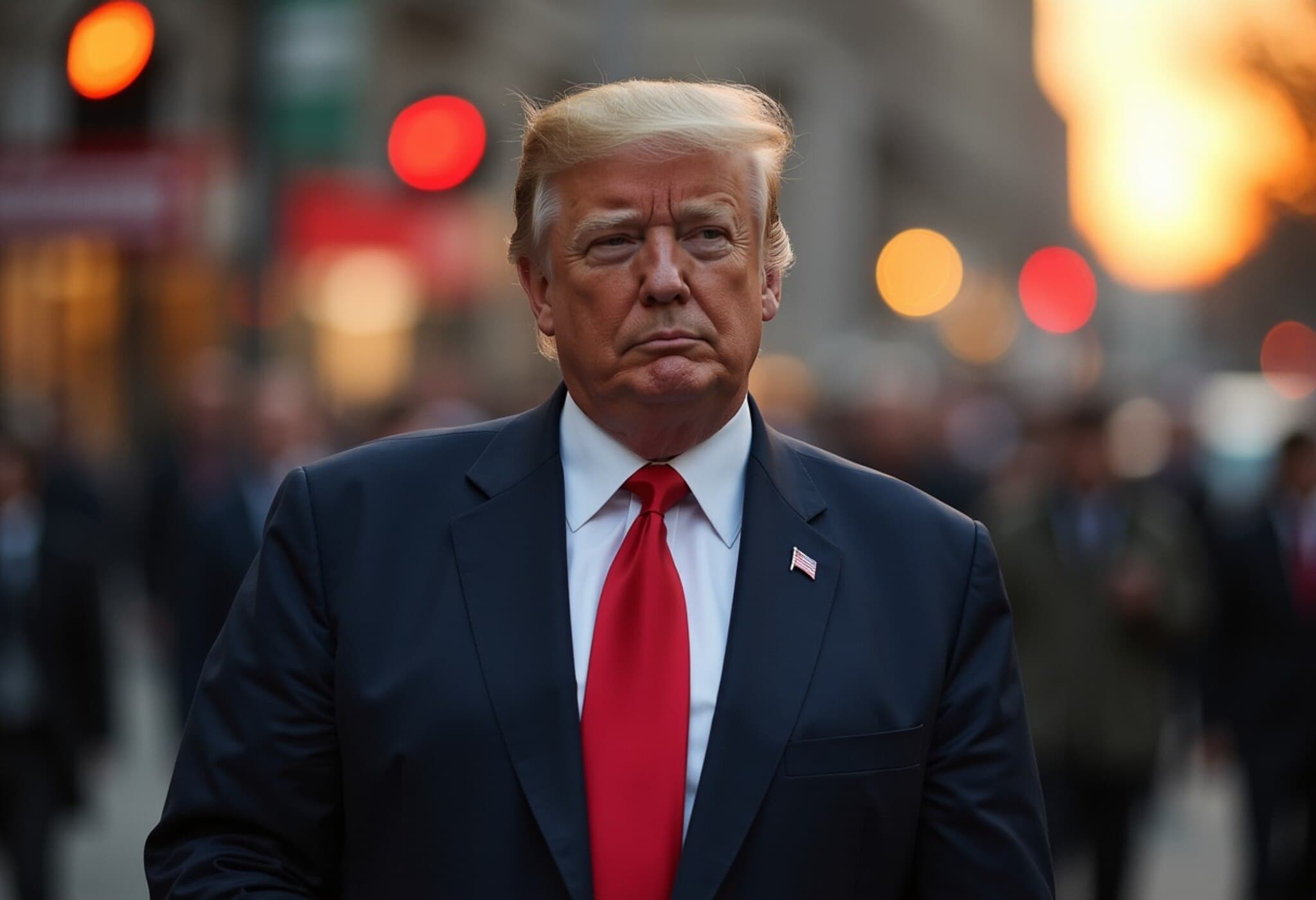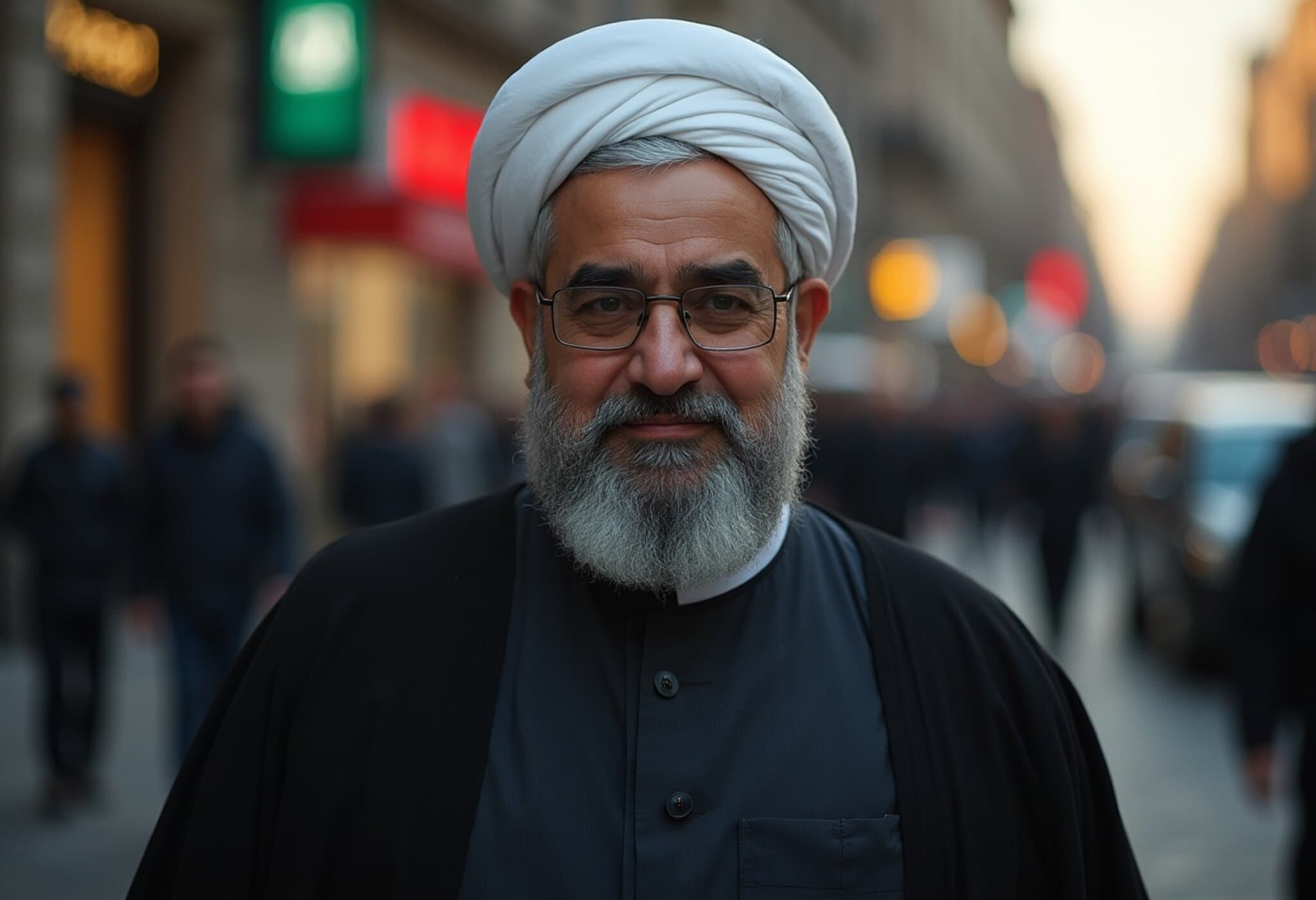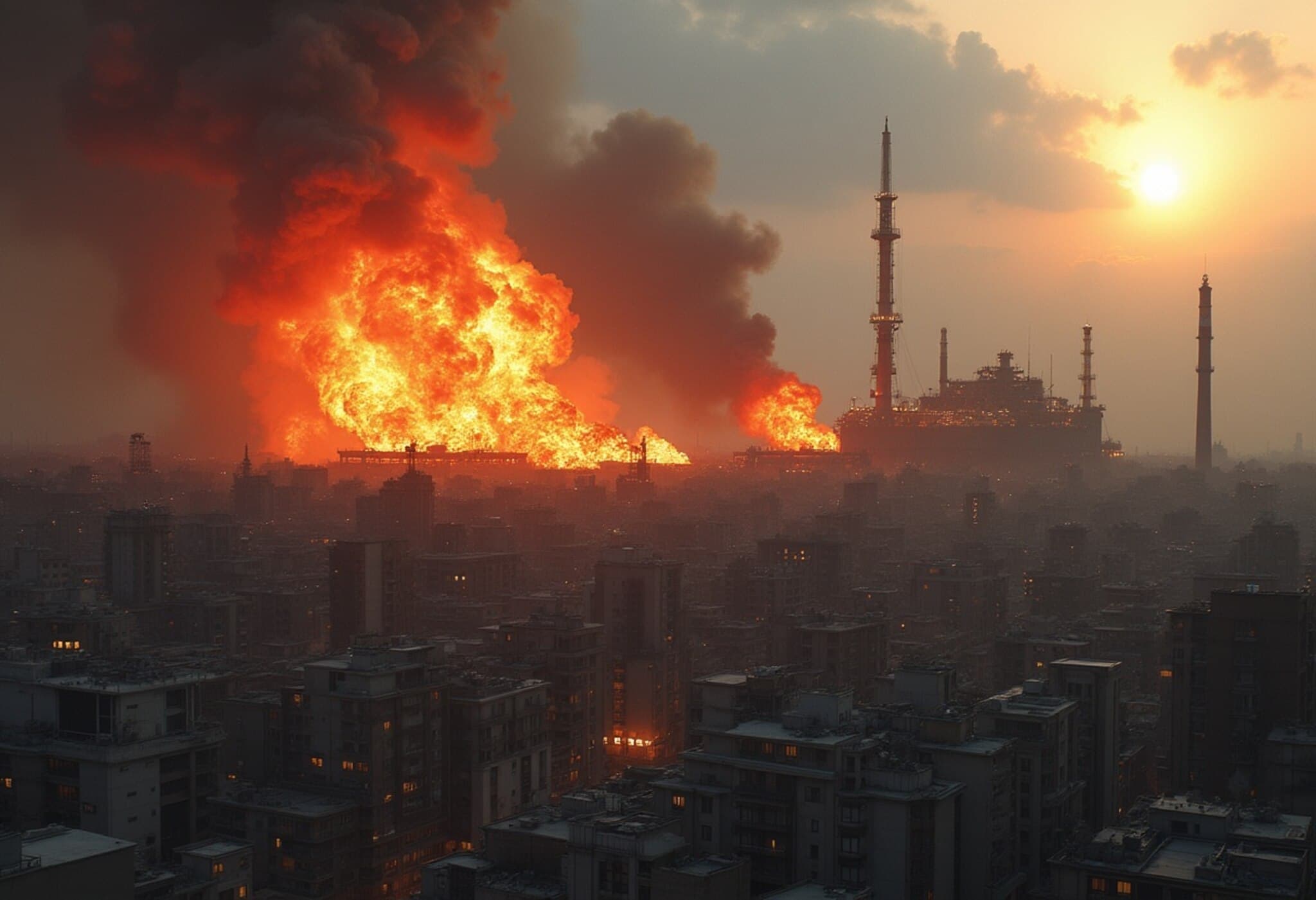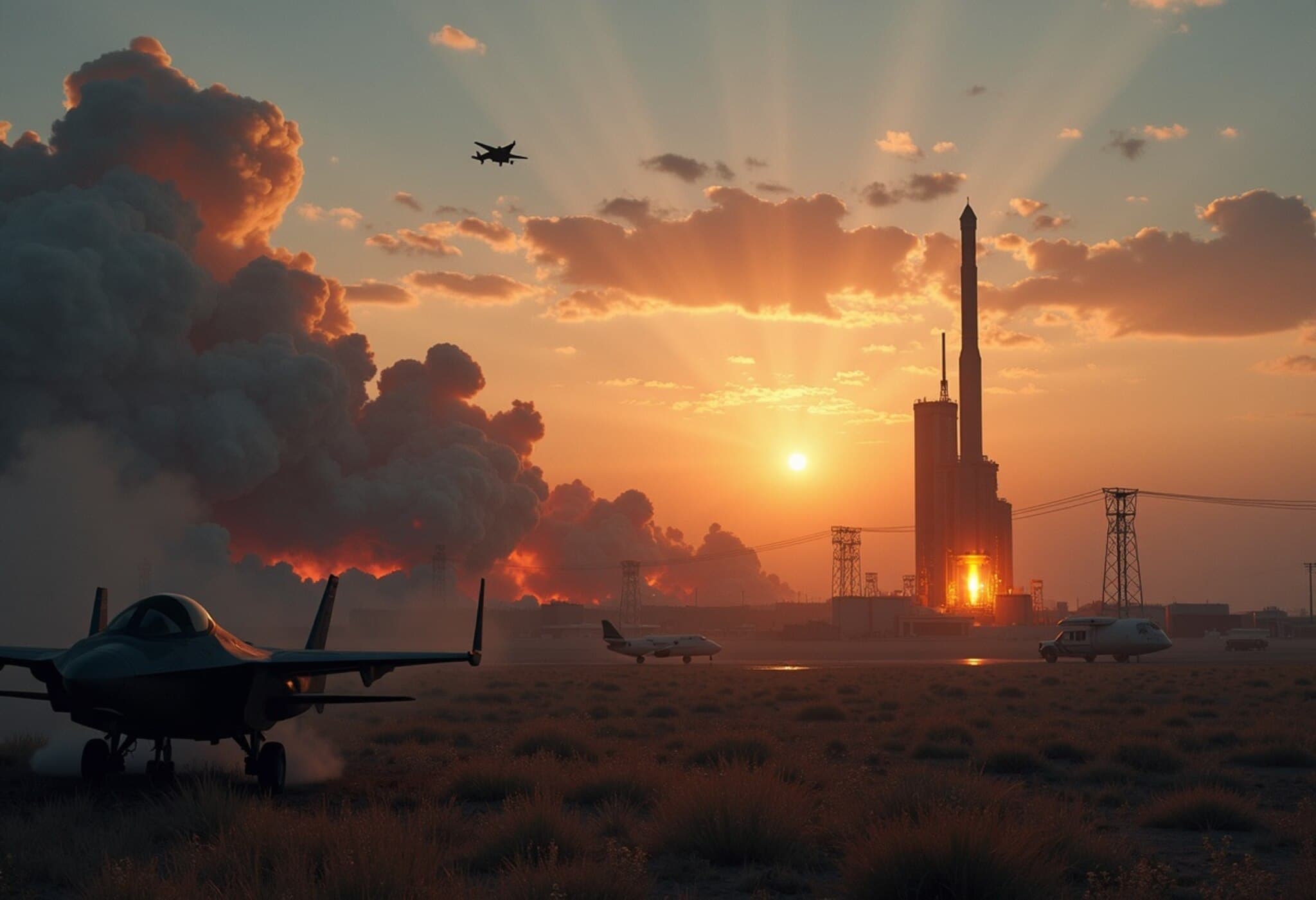Iran Considers Shutting Down Crucial Oil Passage Following US Attacks
In the wake of recent US airstrikes targeting its nuclear facilities, Iran is reportedly planning to block the Strait of Hormuz, a vital maritime corridor that facilitates nearly 20% of the world’s oil and gas supply. This development has sent shockwaves across global energy markets and heightened geopolitical tensions in the region.
Why the Strait of Hormuz Matters
The Strait of Hormuz is a narrow waterway linking the Persian Gulf with the Arabian Sea and the Indian Ocean. Measuring approximately 33 kilometers at its tightest point, it acts as a lifeline for major oil-exporting nations including Saudi Arabia, Iraq, the United Arab Emirates, Qatar, Iran, and Kuwait.
Despite its width, the shipping lanes are just about 3 kilometers wide in each direction, making navigation precarious and leaving the corridor vulnerable to blockades or attacks. History has shown that any disruption here has a ripple effect on global energy prices and supply stability.
Impact on India and Global Energy Markets
For India, the Strait of Hormuz is particularly significant. Roughly 2 million barrels per day — nearly 40% of India’s crude oil imports — pass through this corridor. However, India has diversified its energy sources, securing alternative supplies from countries such as Russia, the United States, and Brazil, mitigating risks associated with a potential shutdown.
Russia’s oil exports, for instance, bypass the Strait altogether, typically moving via the Suez Canal, the Cape of Good Hope, or Pacific routes. Additionally, India’s main liquefied natural gas (LNG) supplier, Qatar, does not rely on this passage. Other LNG partners like Australia, Russia, and the US also avoid the Strait, lessening vulnerability on the gas front.
Global Repercussions and Price Volatility Ahead
Despite these mitigations, a closure of the Strait of Hormuz would immediately amplify volatility in global energy markets. Analysts predict an uptick in crude oil prices, potentially driving costs above $80 per barrel in the short term. Such a price surge would affect energy consumers worldwide and intensify diplomatic pressure on all parties involved.
As the situation unfolds, vigilance remains essential, given the Strait of Hormuz’s strategic importance and the wider geopolitical stakes linked to Middle Eastern energy stability.



